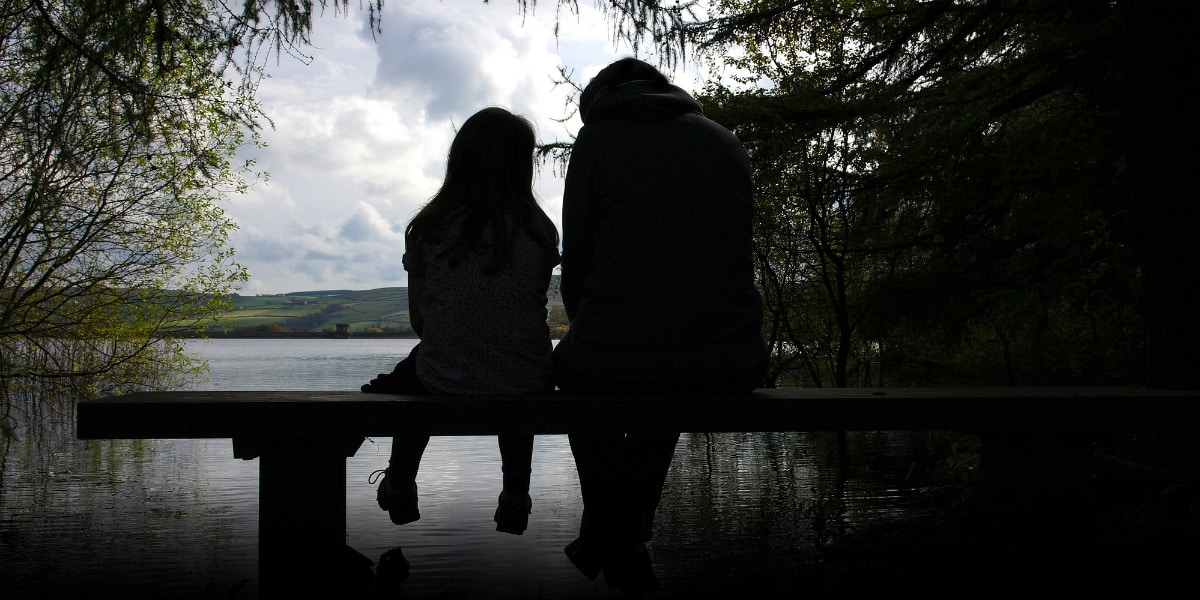Married Daughters Supporting Elderly Parents
Answered by Ustadha Zaynab Ansari Abdul-Razacq
Question: I have read in previous answers that the primary responsibility of a daughter when married is her husband and children and the primary responsibility of a son when he marries remains looking after his parents. But what about a family where there are no sons or other male relatives to take care of the parents. How are the daughters supposed to look after their parents after they get married and move out? Related to this is the practise of daugthers moving in with thier husband/husband’s family after marriage. Is this a cultural practice or an Islamic practice? And in relation to the above question, can this practice be left which would then allow a daughter to remain with her parents in order to look after them?
Answer: In the Name of Allah, the Most Gracious, the Most Merciful.
Praise be to Allah, Lord of the Worlds. May the peace and blessings of Allah descend on the Prophet Muhammad, his family, his companions, and their followers.
Dear Sister,
Assalamu alaikum,
Thank you for your questions. I pray you are in good health and strong faith.
The fact that a woman is responsible for looking after her husband and children does not absolve her of responsibility toward her own parents, particularly if she has no brother. The reason why the emphasis is placed on sons looking after their parents is because males are viewed as having a certain amount of qawwamah, or financial obligation, in comparison to women.
Common sense would dictate that if a family has daughters and no sons, then those women need to be responsible for their parents and should take that responsibility into account when getting married.
I would suggest that women in this situation be upfront with their prospective husbands about their responsibility toward their parents. Some very generous husbands will support their parents-in-law, although it is not their responsibility.
Moving in with one’s husband is a right of the husband. Moving in with his family and becoming a part of their clan seems to be more of a cultural practice. Islamically, a woman is entitled to some space of her own, although if she marries into a culture where joint living is predominant, she needs to be mature enough to accept that.
If a woman has elderly parents and is expected to move overseas to join her husband, some compromise needs to be worked out. Either the husband needs to be open to living in the woman’s hometown or her parents need to be relocated.
Either way, these are questions that should be discussed before people get married. Once married, these questions need to be handled with wisdom, tact, and a willingness to cooperate for the greater good.
May Allah reward you,
Zaynab Ansari Abdul-Razacq
August 18, 2010/Ramadan 7, 1431
Checked & Approved by Faraz Rabbani
Ustadha Zaynab Ansari Abdul-Razacq is a wife and mother residing in the southeastern United States. She graduated from Abu Nour University’s precollege program in 2000 and has remained active in teaching and studying sacred knowledge through SunniPath and SeekersGuidance. She holds undergraduate degrees in history and Middle Eastern Studies and is a certified public speaker.
